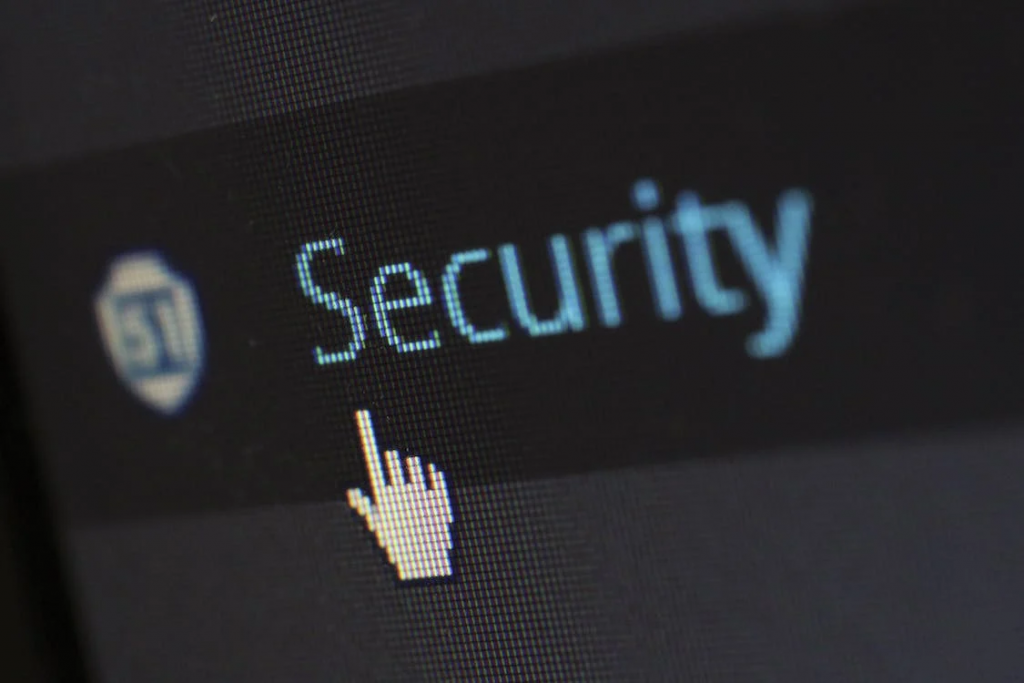
An e-commerce store is one of the best ways to make money online. However, for the sake of your business and the safety of your customers, you need to undertake every step to protect your ecommerce store.
To help you out, we will share 9 Internet Security tips that you need to work on as soon as possible to secure your eCommerce store.
Use SSL Encryption
SSL encryption has the broadest set of protection you need to provide to your store and customers. It will encrypt all the data, and therefore it will thwart the most basic attacks as well. Some of the properties of an SSL certificate include the following:
- It encrypts the connection between the browser and the website.
- It helps users avoid phishing attacks.
- It comes with a site Seal which makes the users confident about interacting with your e-commerce store.
If you haven’t activated an SSL certificate for your e-commerce store, it is high time you do so now.
Activate a Firewall
DDOS is the most common type of attack on any website. Once you activate it, you will be able to thwart these attacks as well as various attacks like SQL injection, cross-site request forgery, and so on
It will help you filter out suspicious traffic, save resources, and keep your e-commerce website safe.
Guard Your Dashboard with a Strong Password and 2-Factor Authentication
The password you use to access the back end of your e-commerce store can be the Achilles heel. You must ensure that the password is strong enough and has a combination of alphanumeric characters and symbols. Never use easy-to-guess passwords.
Apart from that, use two-factor authentication as well. No matter which CMS you use, you can utilize two-factor authentication with the help of a plug-in. Without the authentication from your device, nobody will be able to log in to the dashboard even if they have the password.
The two-factor authentication certainly adds a layer of safety to your e-commerce store.
Conduct PCI Scans
PCI stands for Proactive Security Inspection. You can spot the vulnerabilities quickly and patch them up using such scans. That way, even if your e-commerce store is susceptible to malware or viruses, you can avoid the same.
You can easily prevent your store’s hacking and keep the entire customer data safe using scans.
Use a Trusted Payment Provider

Payment providers have excellent security since their business depends on securing payments. A small e-commerce store owner can’t have the same level of security. Rather than trying to handle the payments yourself, simply choose a trusted payment gateway provider.
The trusted payment gateway provider will help you handle the transaction, customer data, etc. Moreover, you just need to link the payment provider to your e-commerce store, and the rest of the handling will be done by the payment provider.
It means that by going with a trusted payment provider, you not only lessen your work but also make your store more secure.
Keep Your Software Updated
No matter which CMS you use, it will have some bugs. These can become vulnerabilities as well. As they get discovered, the developers launch new updates.
Keeping your CMS updated is the best way to ensure no unknown vulnerabilities in your e-commerce store. Once you regularly update it, the loopholes will be closed; therefore, your store will not be easy to hack.
Backup Your Data Regularly
Despite your best efforts, it can so happen that your e-commerce store gets hacked or suffers from downtime due to an injection. The hackers often leave your e-commerce store functioning as it is on the front end. In the Backend, they will be data theft and redirecting the payments.
In such a case, it can take days to detect the vulnerability or the injection of code. In the meantime, you cannot afford to let customers purchase from your store because their payment and personal data can be compromised.
The best way to avoid this problem is to regularly take backups. Once you automate the backups, in case of vulnerability or hacking attempt, you can restore the last backup of your website. Doing so will eliminate the injection or the hack and make your store secure again.
Conduct Employee Training
As your store grows, you will inevitably need some help to manage it. The fact is if your employees are reckless with security, your store can get hacked and customers’ information leaked.
That is why you have to train your employees in a timely fashion.
With the training session, you have to train your employees to:
- Select the right passwords.
- Know the best practices to follow for e-commerce store security.
- Usage of two-factor authentication and other security systems.
- Detection of vulnerabilities or hacks, or attacks on your website.
- Accessing the store from appropriate machines to avoid phishing.
With proper training, your employees can help you strengthen your e-commerce store’s security.
Choose the Right Hosting

The hosting server you choose plays a very important role in the security of your e-commerce store. Even if you follow all the tips but the security at the hosting level is not appropriate, your store is still vulnerable.
While choosing the hosting provider, look out for a few features:
Enterprise-grade Security
Ensure that the servers used by the hosting provider have enterprise-grade security. That way, online and offline security is provided. Such a server will have a server-level firewall which ensures that the level of security is excellent and most attacks can be avoided.
Updated CMS
Always choose a host which allows you to activate automated updates for your sales. That way, even if you forget to update your CMS, it will be upgraded automatically, and the vulnerabilities will be patched up.
Server Monitoring
Many hosting providers automate the monitoring of their servers as well. In case of an attack, they can alert you even before you know your website has been attacked. Rather than an ordinary hosting provider, choose one that continuously monitors the servers and, therefore, can alert you in time in case of any attack.
Redundant Services
Choose a hosting provider which uses cloud servers. That way, in case of an attack, the primary server will go down, but your website will still work because of the redundant servers.
Wrapping Up
Once you act on these e-commerce security tips, you shouldn’t have a problem securing your e-commerce store. You need to remember that if your e-commerce gets hacked, you will lose revenue in the meantime and your reputation, which means that customers will trust your store less, and therefore the conversion rate might suffer, leading to heavy losses. All this can be avoided simply by sticking to the above ten e-commerce security tips we have highlighted.










